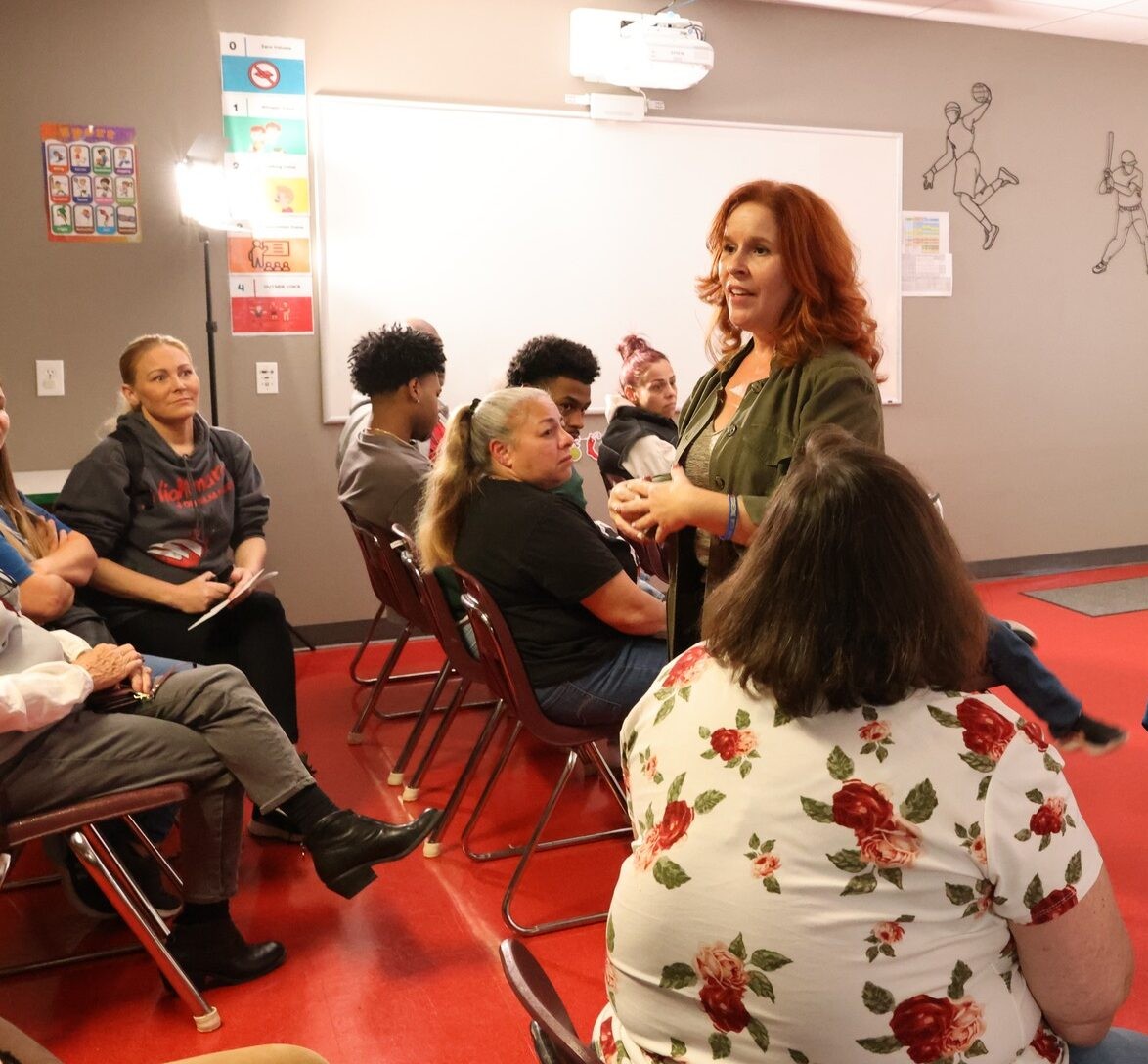Navigating the education system when your child has learning differences or a diagnosed disability can feel overwhelming. You want to make sure your child gets the support they need—but where do you start?
Two key pieces of the puzzle are understanding the Individualized Education Program (IEP) and the role of educational advocacy. Let’s break down what they are—and why they’re so important.
What Is IEP & Educational Advocacy and Why Is It So Important?
An Individualized Education Program (IEP) is a legal document that outlines a personalized learning plan for students in public schools who qualify for special education services. It includes:
- Your child’s current academic and functional abilities
- Specific goals tailored to their unique needs
- The services and supports the school will provide
- How progress will be measured
IEPs are developed by a team—including teachers, specialists, and you, the parent or caregiver. While the process is meant to be collaborative, it can often feel full of jargon, pressure, and unclear expectations.
That’s where the importance of being informed and prepared comes in. Understanding how IEPs work helps you ensure your child isn’t just being supported—they’re being set up to thrive.
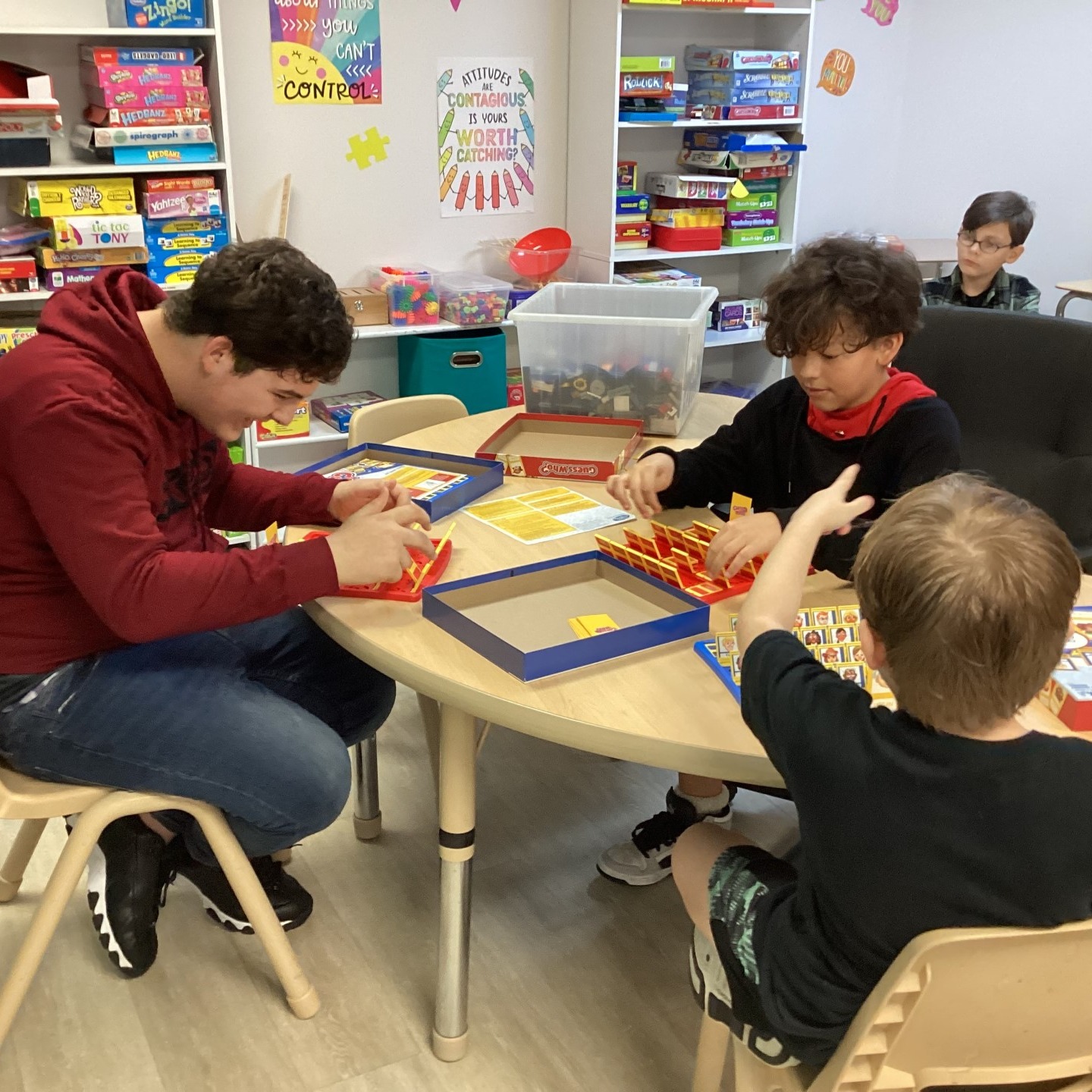
Educational advocacy is about becoming an empowered, informed, and confident voice in your child’s educational journey. It’s not about creating conflict with schools—it’s about partnership, communication, and standing firm in what your child needs.
An advocate—whether it’s you as a parent or a coach supporting you—helps to:
- Clarify your child’s educational rights
- Navigate complex school systems
- Communicate effectively with educators
- Prepare for meetings and follow-up with intention
- Stay centered, confident, and focused on your child’s long-term growth
Advocacy plays a crucial role in helping families go from confusion to clarity—and from worry to action. When done right, it transforms the IEP process into a collaborative and empowering experience.
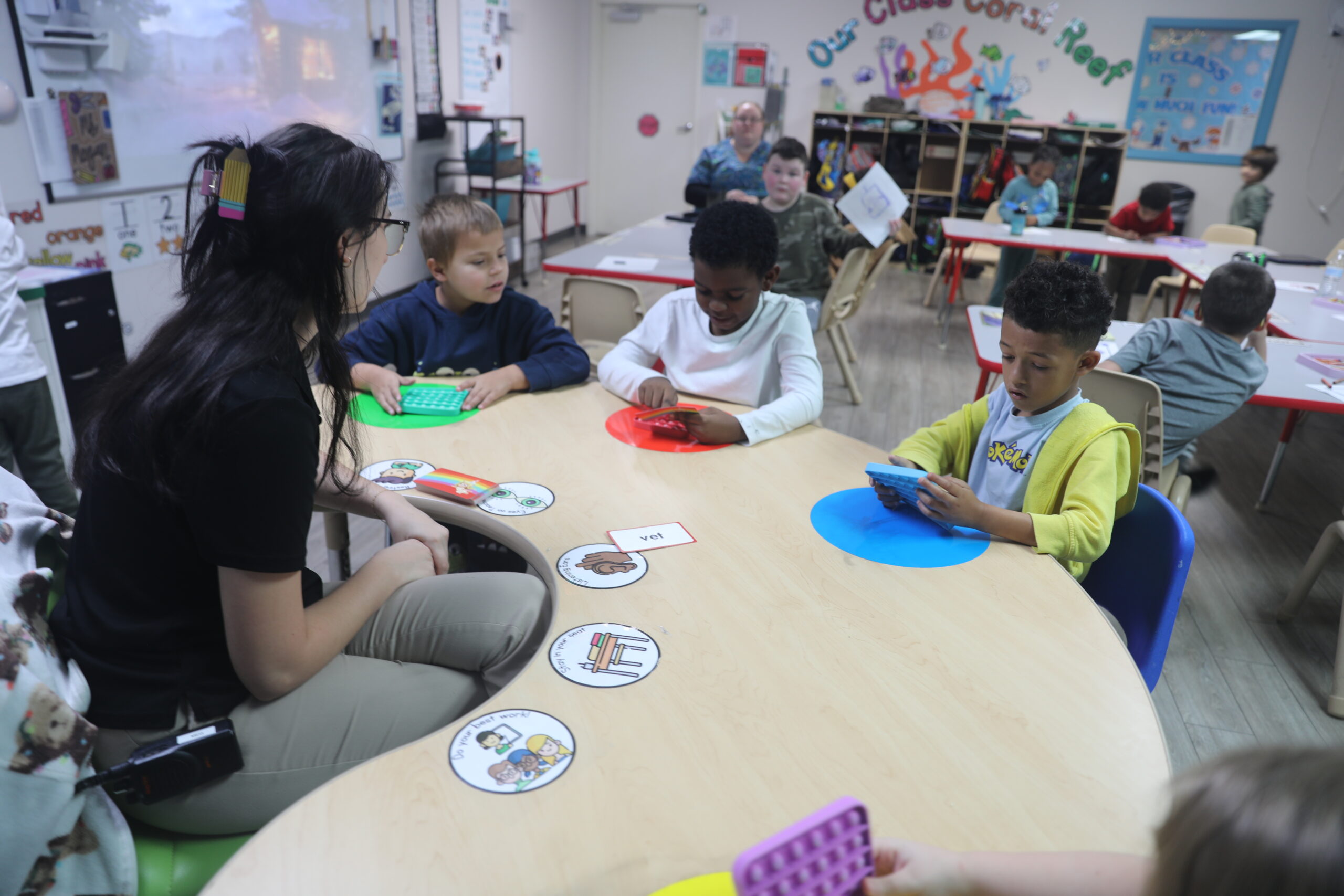
You’re Not “Just a Parent”, You’re the Expert on Your Child!
It’s easy to walk into an IEP meeting and feel like the least qualified person in the room. Maybe you’ve been told to “trust the process,” even when your gut is sounding alarm bells. Maybe professionals have used unfamiliar language, rushed decisions, or minimized your concerns. And maybe, in those moments, you started to question yourself.
But here’s the truth: You are not “just a parent.”
You are the most consistent, committed, and informed expert when it comes to your child’s needs, behavior, growth, and potential. While educators, specialists, and administrators bring training and data to the table, you bring something irreplaceable:
- A full picture of your child’s daily life, unique strengths, emotional needs, and personal history.
- You’ve seen the tears over homework.
- You’ve celebrated the small wins others may overlook.
- You’ve watched how your child struggles or shines outside of the classroom.
That lived experience matters—and it’s vital to shaping a truly individualized plan. Your voice isn’t just valuable, It’s necessary!
IEP Coaching reinforces this truth:
You deserve a seat at the table.
You have the right to ask questions, push for clarity, and advocate for what your child really needs.
Whether it’s more support in the classroom, better accommodations, or even just clearer communication, your insights can change the direction of your child’s educational path.
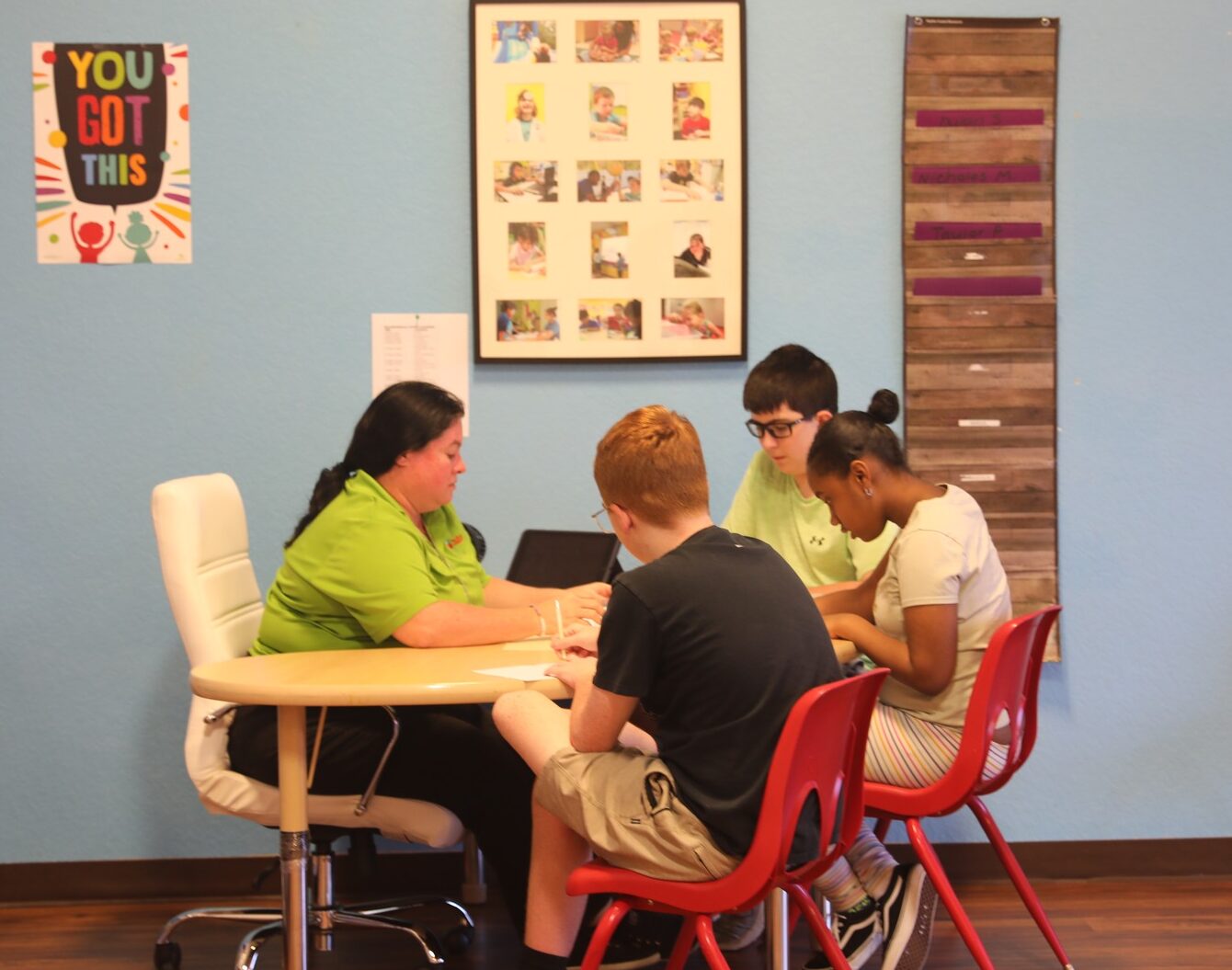
Educational Advocacy for Neurodiverse Children
Whether your child is on the autism spectrum, has ADHD, experiences sensory processing differences, or navigates other unique learning needs—your role as a parent or caregiver is essential. You are your child’s anchor, translator, and guide through a system that can often feel rigid, confusing, or unaccommodating.
But here’s the truth:
You shouldn’t have to figure it all out alone.
What Educational Advocacy Really Means
Educational advocacy goes far beyond showing up to school meetings. It’s about becoming:
-
Informed: Understanding your child’s legal rights under laws like IDEA (Individuals with Disabilities Education Act) and Section 504.
-
Equipped: Knowing what accommodations and services are available—and how to ask for them in ways that lead to real action.
-
Empowered: Feeling confident that your concerns, insights, and intuition are valid and valuable in shaping your child’s education.
When you’re supported by an experienced IEP Coach or advocate, you gain a powerful ally—someone who not only understands the ins and outs of the education system but also respects your lived experience as a parent of a neurodiverse child.
Neurodiverse children often learn in ways that challenge traditional classroom expectations—but when properly supported, they thrive in extraordinary ways. Your advocacy helps unlock that potential.
When your child sees you advocating for them, they learn to value their voice too. You’re not just speaking on their behalf—you’re modeling self-advocacy, confidence, and resilience.
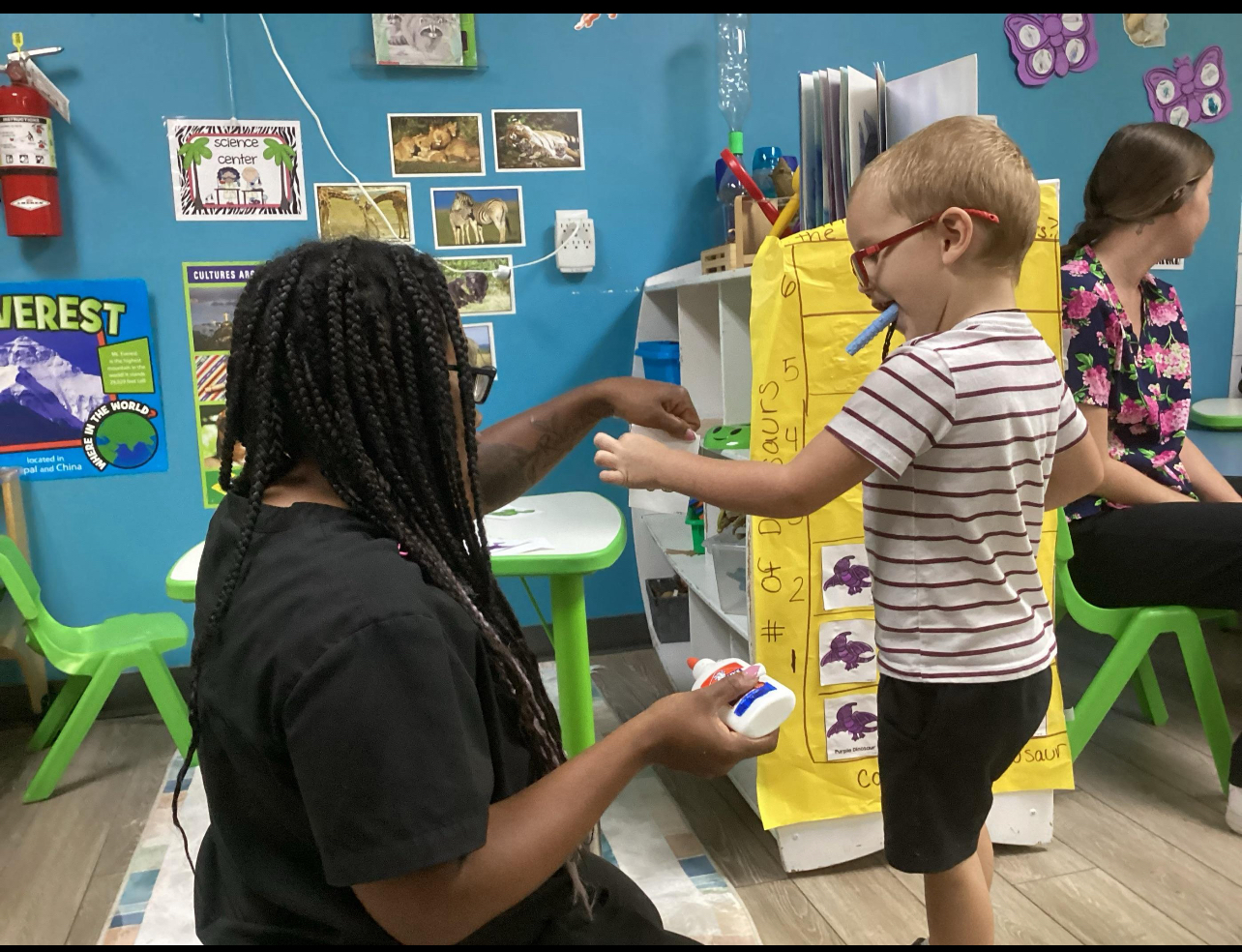
You Deserve to Be Supported, Too
When you’re advocating for your child’s education, it can often feel like you’re expected to wear every hat—parent, expert, negotiator, and emotional rock—all at once. But the truth is:
You don’t have to be a lawyer or a behavior specialist to show up strong for your child.
You just need the right support and clear tools to guide you.
The world of IEPs, evaluations, behavioral interventions, and education law can be overwhelming. You might find yourself decoding acronyms, navigating school meetings that feel more like interrogations than collaborations, and constantly wondering if you’re “doing enough.” And all of this while also parenting a child who might be struggling, misunderstood, or simply needing more than the system is set up to give.
But here’s the important reminder:
You have more power than you think.
You don’t need to master every detail of special education law to be an effective advocate—you just need someone in your corner who can help you prepare, interpret, and speak up with clarity and confidence.
IEP Coaching and Educational Advocacy go far beyond checking boxes or completing forms. They’re about helping you:
-
Learn how to ask the right questions in meetings
-
Understand your child’s rights and how to protect them
-
Reframe the way you see behaviors and learning differences
-
Partner with the school in a way that’s both respectful and effective
This journey isn’t about perfection. It’s about progress. And it’s about creating real, meaningful change in your child’s educational path—one empowered step at a time.
You deserve a space where you feel prepared—not overwhelmed, grounded—not alone, and empowered—not unsure.
Because when you are supported, your child thrives.
Internal Links:
Pam and The Purple Couch Podcast – IEPs Individualized Education Plans – Part 1
Pam and The Purple Couch Podcast – IEPs Individualized Education Plans – Part 2
Parenting with Care: Nurturing Yourself to Nurture Your Child – Pam and The Purple Couch Podcast
How to Prepare for Your Child’s IEP Meetings? Some Tips by Pamela Furr
Educational Support Advocacy & IEP Coaching for Parents of Neurodiverse Children – Support to help you confidently navigate school systems and advocate for your child’s unique learning needs.
External Links:
Parent’s Guide to Special Education – An excellent resource that breaks down the special education process, including evaluations, IEPs, and your legal rights as a parent in plain, accessible language.
The IEP Process Explained – A comprehensive guide to navigating the IEP process with confidence. Covers everything from legal foundations to practical tips for attending meetings.
Your Rights as a Parent in the IEP Process – Center for Parent Information and Resources (CPIR)
Clarifies parental rights under IDEA (Individuals with Disabilities Education Act) and offers tools for effective advocacy at every stage of your child’s educational journey.
Common best practices from experienced IEP coaches, educational advocates, and parent resources, including those found through:

